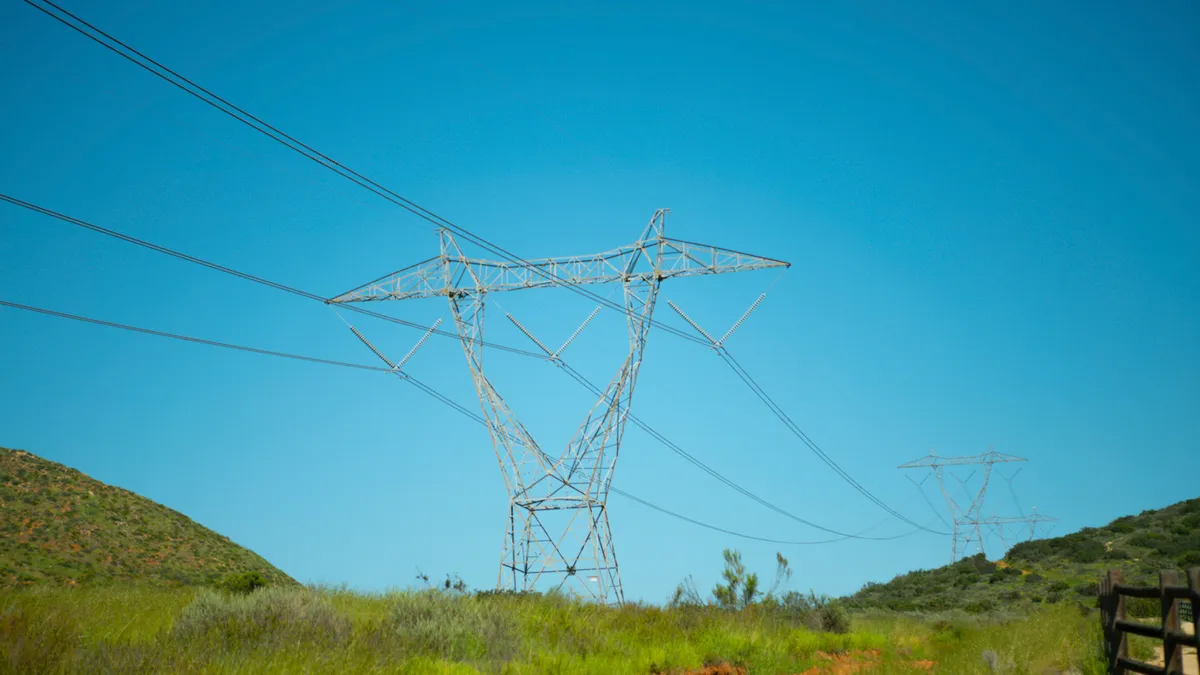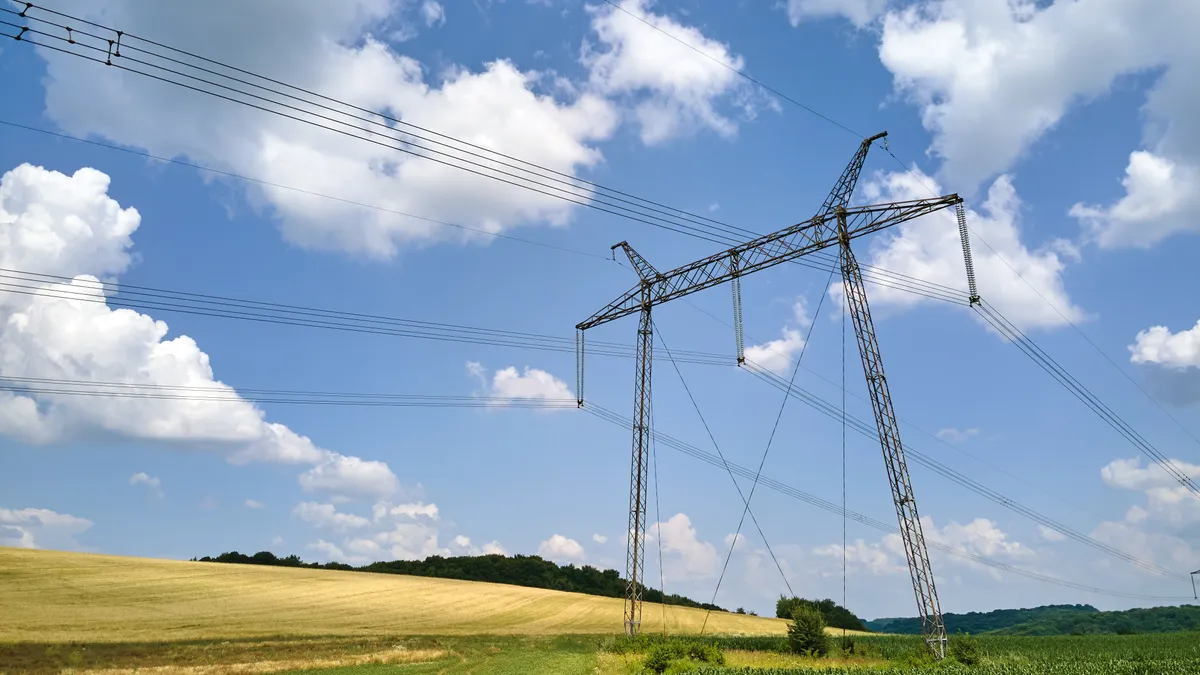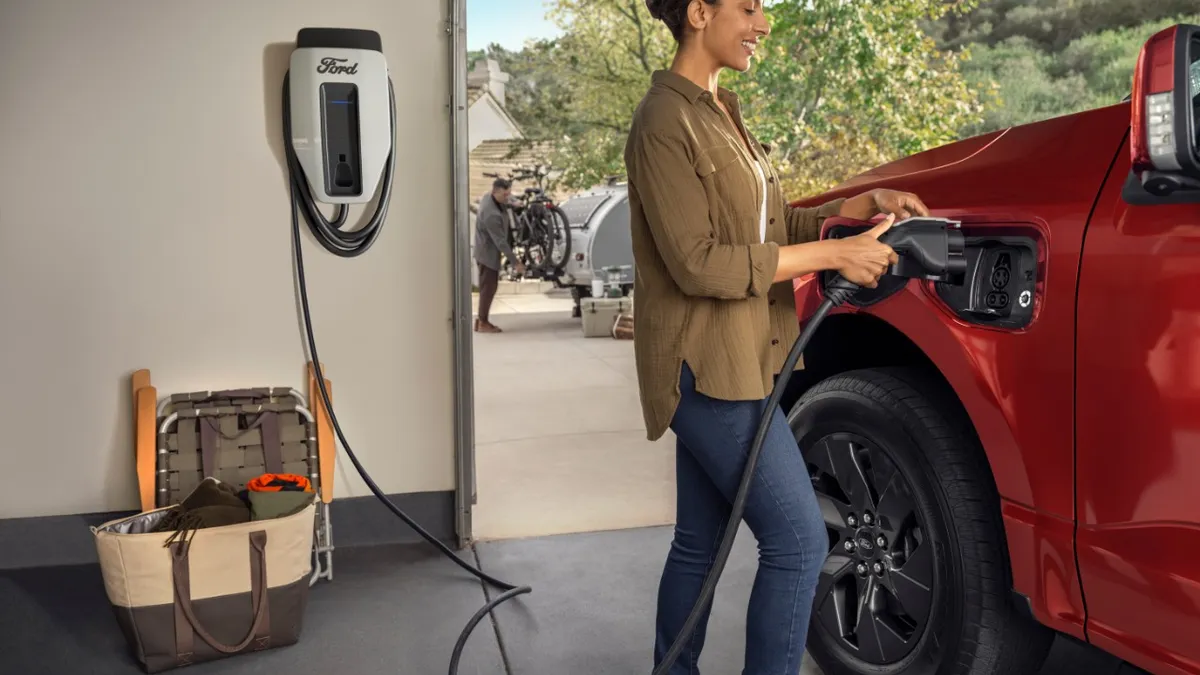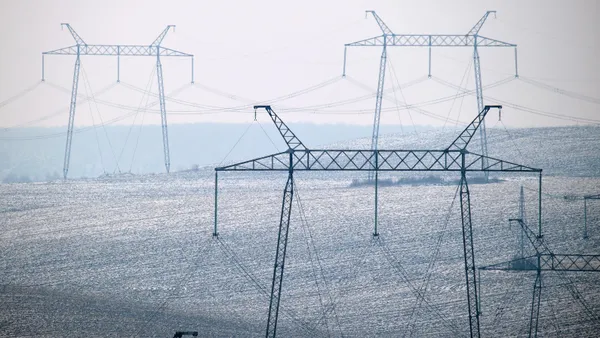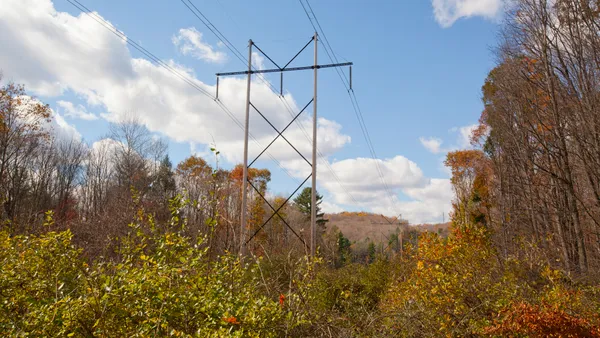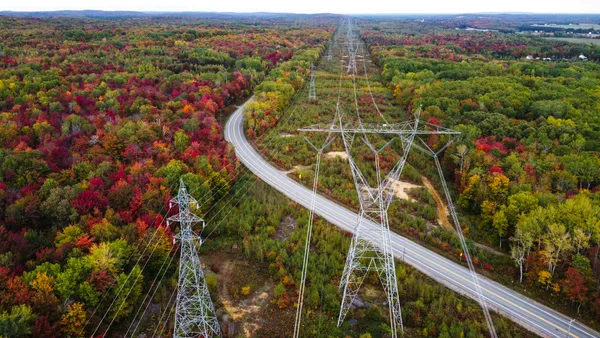The Federal Energy Regulatory Commission should only grant incentives for building power lines after they have been approved by state utility regulators, according to FERC Commissioner Mark Christie.
Christie had previously called for eliminating incentives such as “construction work in progress,” which allows a utility to recover its expenses while it is building a project instead of waiting for a rate case after it is placed into service.
“This compromise would ensure that transmission incentives ultimately are awarded to projects that are worthwhile from the state-focused, consumer-oriented perspective and that the resulting rates are just and reasonable under the [Federal Power Act],” Christie said Thursday in a dissent to a FERC order approving incentives for PSEG Renewable Transmission.
Christie has long argued that FERC’s policy of providing financial incentives for transmission projects shifts risks and costs onto ratepayers.
The latest case centers on a 70-mile, 500-kV transmission line PSEG, owned by Public Service Enterprise Group, plans to build in Maryland. The $424 million project is part of a group of transmission projects that grew out of the PJM Interconnection’s 2022 Regional Transmission Expansion Plan Window 3 competitive solicitation process. The projects are designed to bolster grid reliability.
FERC approved all requested incentives for PSEG’s project. They include: the ability to recover all prudently incurred costs if the project is abandoned for reasons outside of PSEG’s control; the deferral of prudently incurred pre-commercial costs through the creation of a regulatory asset; and a hypothetical capital structure of 45% equity and 55% debt until the project is operating, a measure PSEG says will improve its access to capital.
“The incentives package as a whole, addresses the risks and challenges faced by PSEG RT in undertaking the project,” FERC said.
Christie said FERC has failed to act on a transmission incentive rulemaking that has been pending since 2021 and that it removed language that would have ended the construction work in progress incentive from its transmission planning and cost allocation rule.
“The longer the commission does nothing to address these unfair transfers of wealth and risk, the more consumers are exploited,” he said. “Despite the appearance of action by the commission to address unfair and excessive transmission costs to consumers from incentives and other commission policies, the record of the past three years shows that nothing has been accomplished to reform these incentives.”
Christie contends that FERC often grants incentives to projects that haven’t been reviewed by states through a certificate of public convenience and necessity process.
“With all due respect to PJM’s transmission planning process … the regional planning process in a transmission planning organization is not remotely the equivalent of a serious, litigated state CPCN (or its individual state equivalent) process, which includes witness cross-examination and is open to intervenors such as consumer advocates,” Christie said.
Granting incentives after a state issues a CPCN for a project would ensure the project is needed and prudent, according to Christie.



